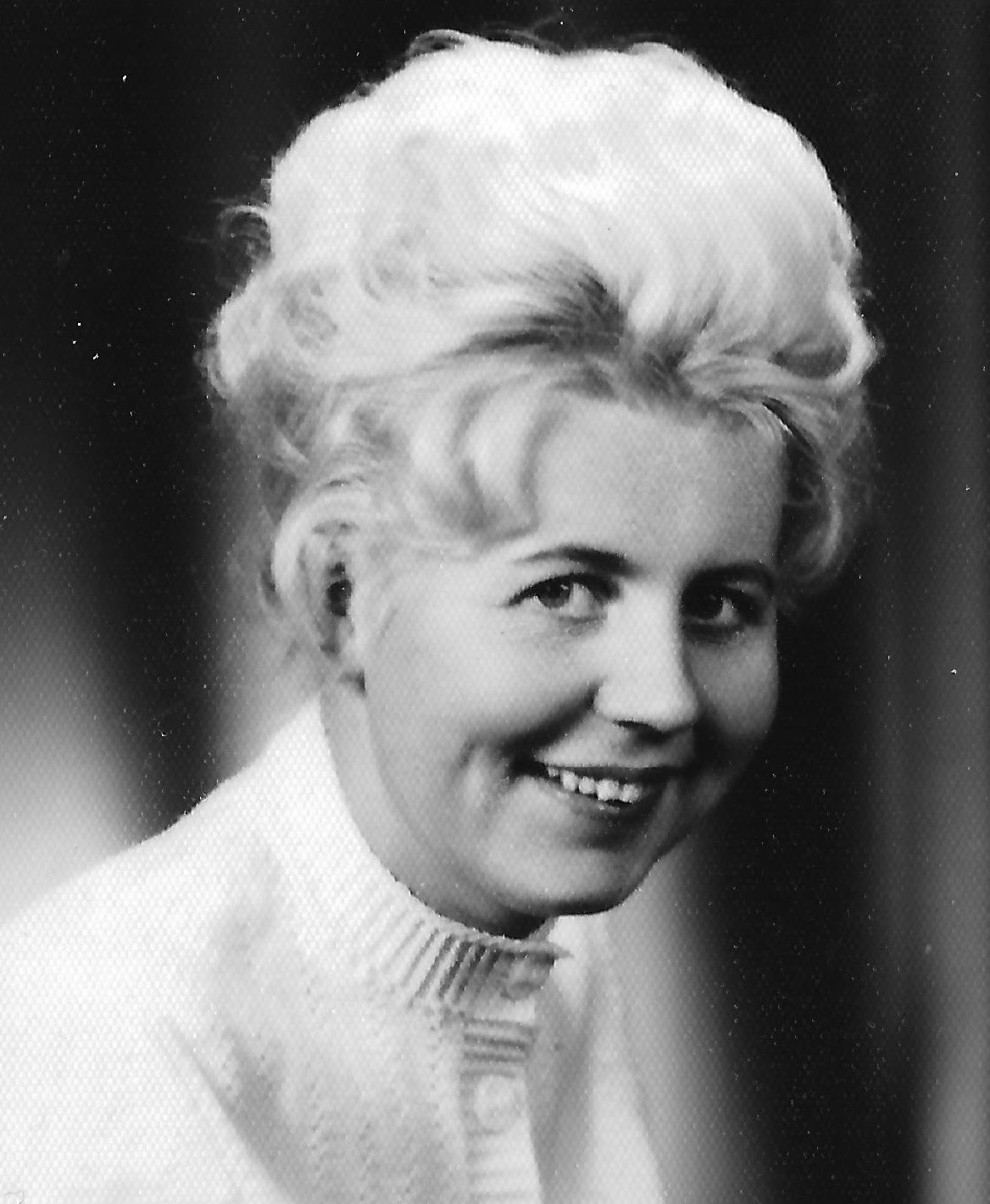I wasn‘t even allowed to take my doll

Stáhnout obrázek
Alice Vaňkátová, née Pfefferová, was born on March 27, 1940 in Šumice. Her father Ernest Pfeffer was of German origin and her mother came from Slovakia. When Alice was little, her mother died and her father married a second time. He and his daughter moved to Brno. Soon, however, he had to join the German army, and Alice stayed alone with her stepmother Rudy Netoličková. In May 1945, shortly after the end of the war, the five-year-old witness, along with her mother, had to get deported with German children, women and old people to the Austrian border. Alice was taken care of by the grandparents from her mother‘s side in Pohorelice. After finishing grammar school in Mikulov she entered university but became ill with tuberculosis and spent a year and a half in a nursing home. In 1961 she got married and gave birth to two sons. After many years she met her father who lived in Austria. She worked in education, but struggled with bullying due to her relatives in the West.













